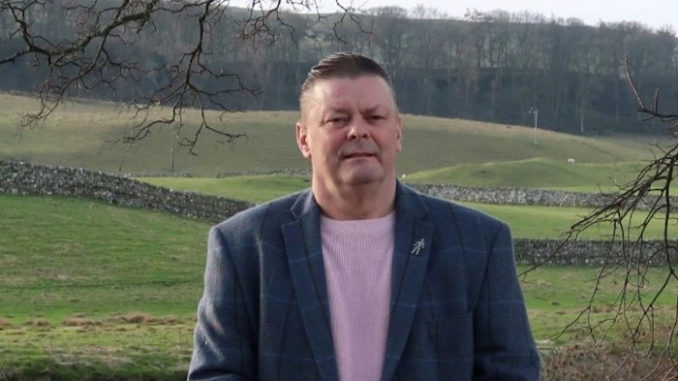
All six candidates vying to become York and North Yorkshire’s first elected mayor appear to have reached a consensus on one subject – that concerted efforts to tackle climate change will be crucial to the region’s future.
Their environmental pledges, ranging from using the region’s natural assets to boost renewable energy generation to ensuring all new buildings feature solar panels, come eight months after Prime Minister Rishi Sunak watered down Britain’s plans to tackle climate change amid economic concerns.
The candidates revealed their ambitions as environmentalists continue to exert pressure on both City of York and North Yorkshire councils to up their green actions, saying further delays will end up costing taxpayers more in the long run.
Last month a coalition of groups opposed to the £65m dualling of the northern York Outer Ring Road, including Extinction Rebellion, York Green Party, York Environment Forum and York Cycle Campaign, protested outside York council’s offices.
At the same time, the North Yorkshire Council-run pension fund was being urged to swap its large-scale investments in fossil fuel-related firms and stop a range of developments on top-quality agricultural land.
Green Party candidate Kevin Foster said resilience to climate change and reducing the impact on the climate needed to be at the heart of every action the incoming mayor took.
He said one such policy would be to reduce the number of cars in urban centres, so they become more pleasant environments for shoppers and visitors.
Mr Foster said: “Taking the right actions to solve everyday problems gets us into a virtuous circle of synergies and incremental improvements. Take public transport as an example.
“Better and greener public transport encourages people to make less use of cars reducing congestion, so travel gets faster and travel times get more reliable for everyone. Pollution drops and active travel increases giving health benefits.”
Independent candidate Paul Haslam, North Yorkshire Council’s climate change champion, said all his policies would support the mitigation of climate change, wherever relevant.
Alongside committing to York and North Yorkshire Local Enterprise Partnership’s plan to make the area England’s first carbon-negative region by 2040, he said he would work on water management “as it can cripple infrastructure, damage homes and food production”.
Another Independent candidate, Keith Tordoff, said he would introduce a policy that as part of planning approval all new housing and commercial buildings must have roof solar panels and insulation to the highest standard.
He added he would work with Yorkshire Water to generate electricity through water turbines and create more park-and-ride schemes and charging points while supporting bus operators to roll out more electric buses.
Labour Party candidate and businessman David Skaith said from the new homes the mayor oversees to the transport system and the direction of the region’s economy, he would “continuously make sure that all we do has a positive impact on the environment”.
He said: “If we are to meet our goal of becoming NetZero, we must take action across all areas and have a collaborative approach to creating a greener, healthier environment.”
Felicity Cunliffe Lister, the Liberal Democrat candidate, said to achieve net zero ambitions, more action was required at scale.
She said: “I will reduce our carbon footprint by insulating inefficient homes and investing in electric vehicle chargers and drive investment into green energy generation – from household to industrial level.
“I will also alleviate the impact of climate change by supporting natural flood management and by promoting bio-economy solutions that improve soil, reduce fertiliser levels, sequester carbon and reduce methane emissions.”
When asked about climate change Conservative candidate Keane Duncan did not respond directy, but last year warned against pledges that “sound nice on paper”, but in reality became much more difficult.
Last year he stated achieving net zero was crucial to the economic and environmental future of the region.


Be the first to comment